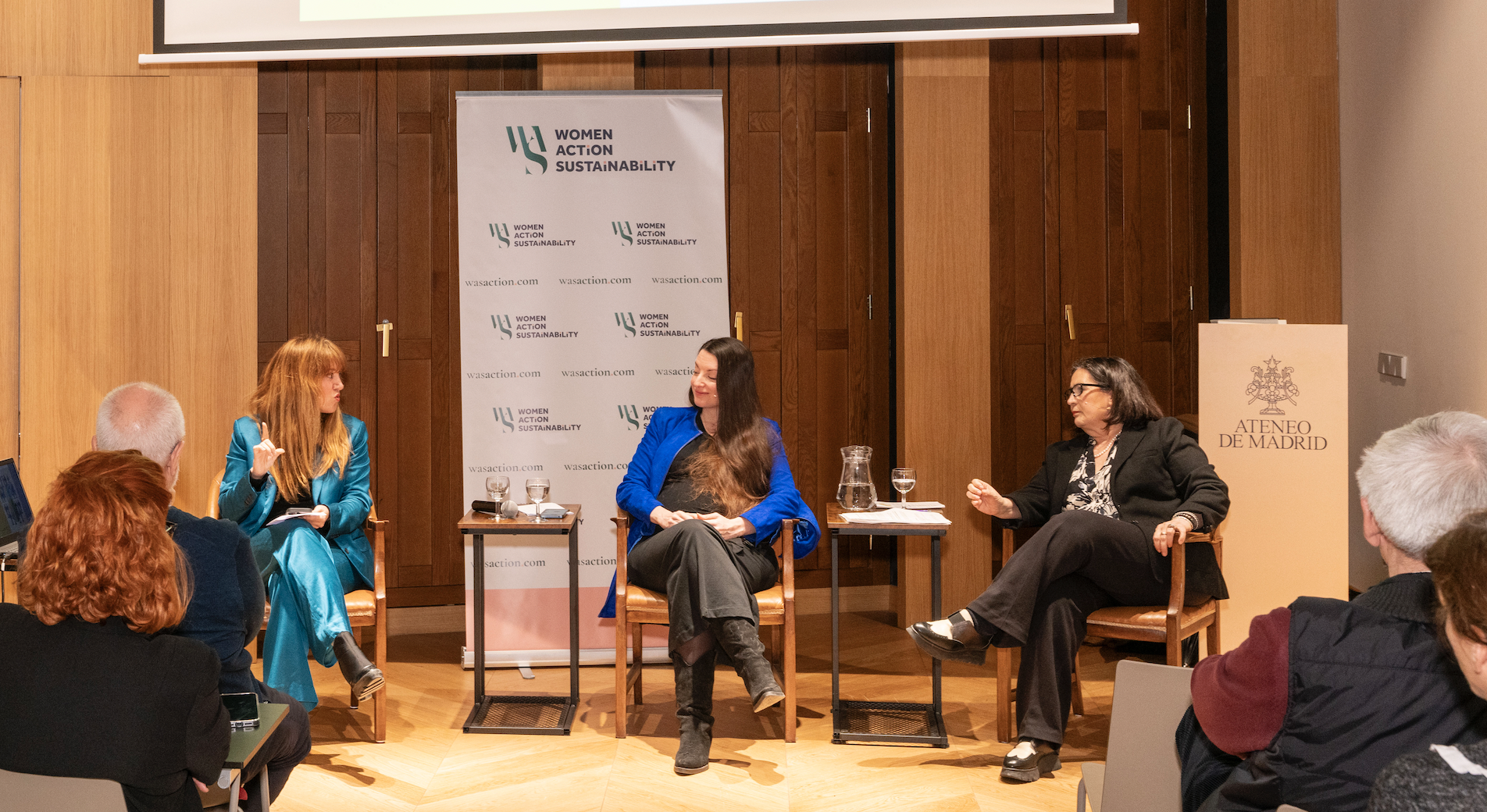“You furnish the pictures, and I’ll furnish the war”. This sentence, attributed to the American media tycoon William Randolph Hearst, was supposedly sent to the illustrator Frederic Remington, when he requested him to go back to the United States of America because there was not any war to cover in Cuba. Weeks later, the US Navy ship Maine sank in Havana and Hearst, followed by hundreds of other editors, launched a massive yellow journalism campaign that significantly fueled the Cuban Independence War. As part of this campaign, Spaniards were often presented as subhuman beings with animalistic features (the ‘Spanish brute’), damaging innocent women and children. By building narratives connected to the deepest fears of American citizens, the media changed completely the public opinion in barely few weeks.
“Promoting hatred against others through narratives that appeal to our deepest beliefs and worries has always been a powerful instrument of control”, explained Lydia Aguirre, Chief Communications Officer at Re-Imagine Europa, at the event ‘Polarization of public opinion: causes, actors and solutions”, organised by Women Action Sustainability (WAS) held at the Ateneo Español in Madrid. Aguirre presented the work developed by the 1st European Narratives Observatory (NODES) on the impact that narratives, as mental frameworks that we used to interpret the world, have in the growth of polarisation and how to build new narratives to foster more open, constructive dialogues to depolarise debates in the public sphere.
Taking as examples the significant change observed in the public perception about the Sustainable Development Goals (SDG), and the highly polarised debate about climate change, Aguirre showcased the Cycle of Distrust that dominates society, blocking society from finding shared solutions to our most pressing challenges. She nevertheless highlighted that research developed by Re-Imagine Europa, under the scope of the European Narratives Observatory NODES, shows that we can decipher narratives to find the values that lay behind them, the narrative traps that often create blind spots in our thinking, and build narrative bridges between different communities to facilitate mutual understanding and bridge divides.
Zoe Seoane, expert in the neuroscience of sensory communication, explained how our minds perceive reality, and how perceptual processes influence the actual construction of reality and the way we receive information, facilitating the rise of polarisation.
The event was hosted by Delia García Gómez, head of Transformation and Innovation at WAS and Chief Sustainability Officer of L’Oréal Spain and Portugal, who facilitated a dynamic exchange of opinions with the audience after the initial presentations. Participants explored the causes of polarisation, its impact on society, the role of social media platform on the radicalization of discourses in the public sphere and possible solutions to address this challenge, including the Depolarisation Manuals developed by Re-Imagine Europa, to support the work of public and private institutions to foster more constructive dialogues around topics such as climate, migration, taxation or ODA.




